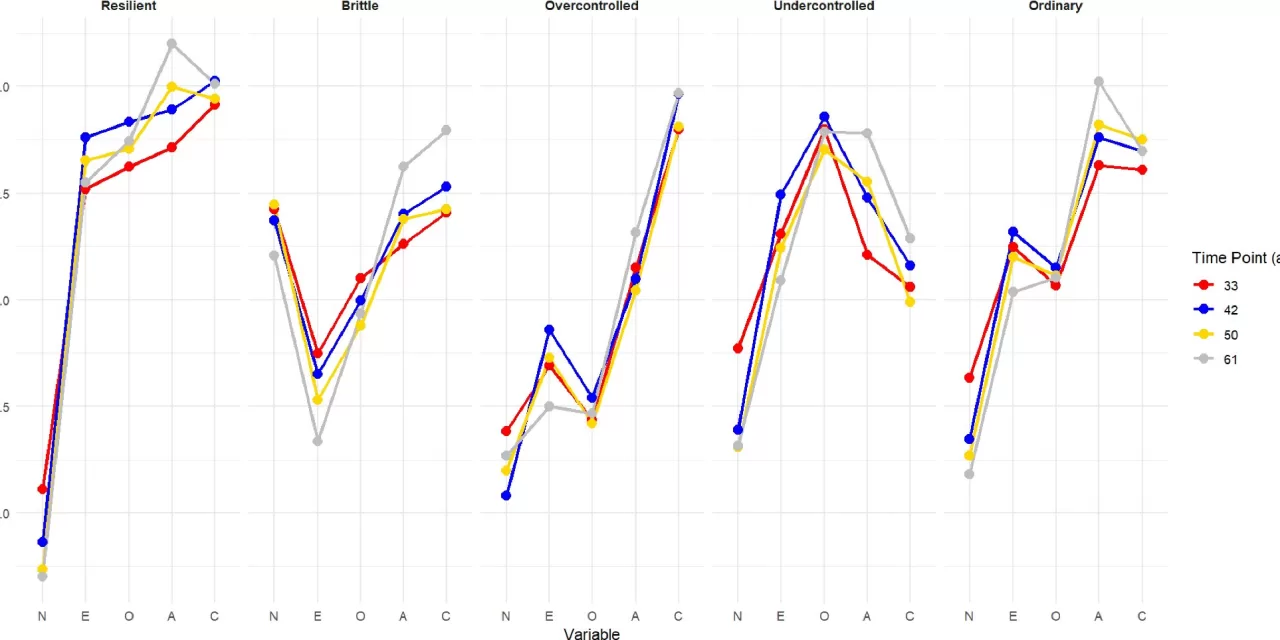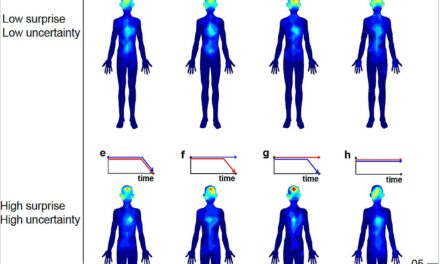In a novel study from the University of Jyväskylä’s Gerontology Research Center and Faculty of Sport and Health Sciences, researchers have found a link between personality traits and the ways individuals accumulate daily physical activity and sedentary behavior. The study, published in the International Journal of Behavioral Nutrition and Physical Activity, suggests that certain personality profiles may encourage longer periods of physical activity and sedentary time, while others promote more frequent movement breaks.
Researchers observed that individuals with high conscientiousness and extraversion were more inclined toward sustained periods of both physical activity and sedentary behavior. Meanwhile, those scoring high in neuroticism tended to interrupt their sedentary time more frequently.
The study followed the participants’ personality traits over several decades, at ages 33, 42, 50, and 61, and identified five distinct personality profiles—resilient, brittle, overcontrolled, undercontrolled, and ordinary—that represented unique combinations of traits such as neuroticism, extraversion, conscientiousness, openness, and agreeableness.
“Individuals with a resilient profile, marked by high conscientiousness and extraversion, often participated in scheduled physical activities and displayed higher self-assessed health,” explains Katja Kokko, Research Director at the University of Jyväskylä. By contrast, those with a brittle profile, characterized by higher neuroticism, had a greater tendency to break up sedentary time, potentially reflecting unease with long periods of inactivity.
The study used device-based measures to capture participants’ physical activity and sedentary behavior at age 61, revealing that people with resilient and ordinary profiles showed particularly favorable ratios of physical activity to sedentary behavior. Prior research has shown that a higher ratio of physical activity relative to sedentary time can reduce mortality risks among adults over 50, making this finding potentially impactful for public health.
While the study found no statistically significant differences in the total amounts of physical activity or sedentary behavior between personality profiles, the activity patterns observed in resilient and ordinary profiles were encouraging. “These findings suggest that personality influences physical activity behavior in subtle yet significant ways, which could be beneficial for designing personalized health recommendations,” says doctoral researcher Johanna Ahola.
The research, part of the ongoing Jyväskylä Longitudinal Study of Personality and Social Development, has tracked the development of participants for over 50 years, offering invaluable insight into the links between personality, health, and aging.
For more detailed insights, refer to the full study: Johanna Ahola et al., Do personality profiles contribute to patterns of physical activity and sedentary behavior in adulthood?











